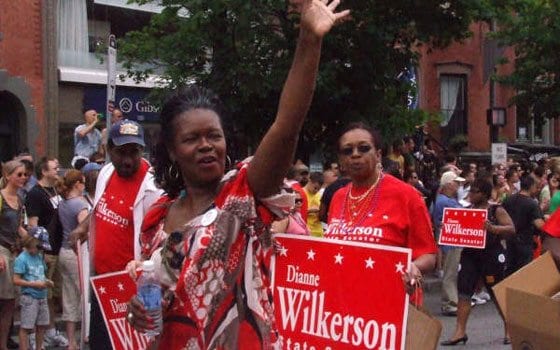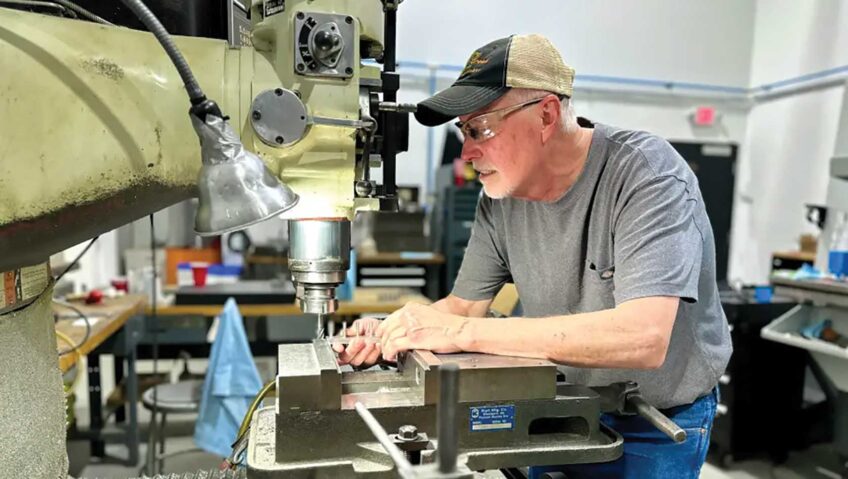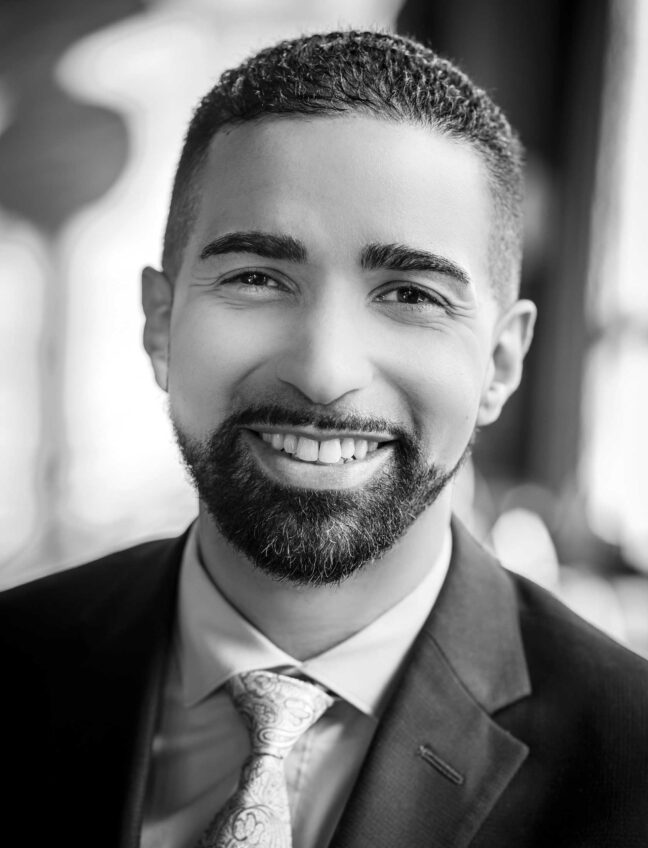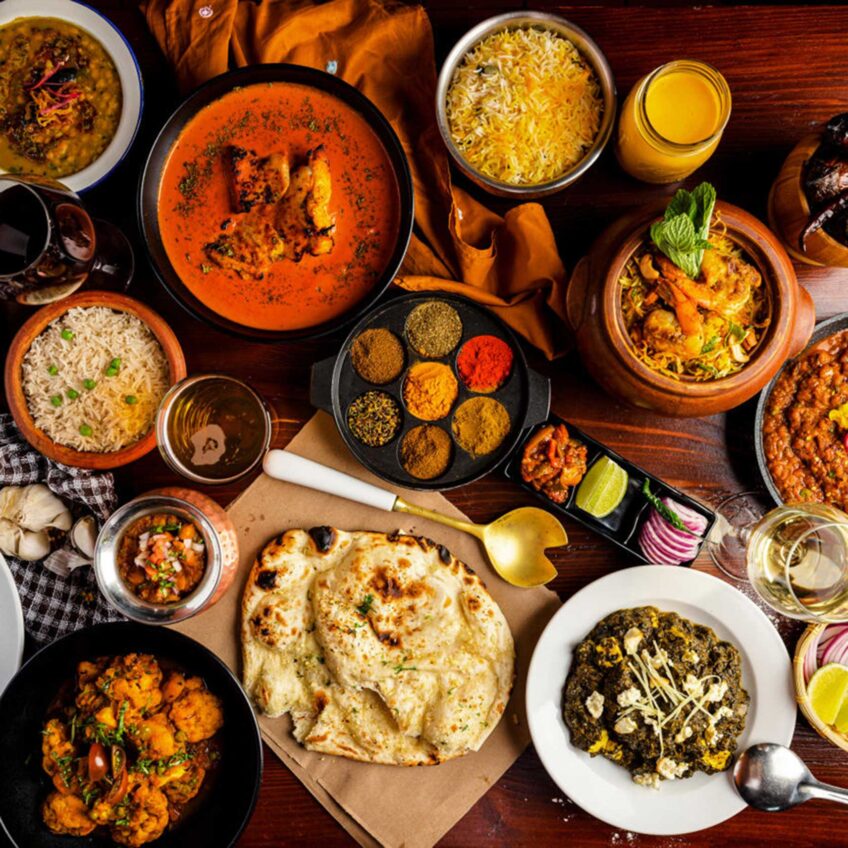
In addition to the governor, other allies like state Sen. Dianne Wilkerson and state Reps. Linda Dorcena Forry and Byron Rushing have played key roles in supporting marriage equality and embracing the gay community.
Greater Boston area has also seen its share of openly gay public officials. Former Cambridge Mayor Kenneth Reeves and his successor, E. Denise Simmons — the first openly gay black man and woman to be mayors of an American city — have been community activists in Boston and Cambridge for many years.
But despite the inroads made by public figures like Simmons and Reeves, some obstacles to widespread tolerance remain. According to Monroe, greater acceptance of gays in the black community has to start in the black church.
“We certainly need more gay-friendly churches, and … ministers who are accepting of gays,” said Monroe. “The media focuses so much on gay-bashing ministers that they don’t ever talk about the few ministers who are affirming.”
One of those gay-friendly black ministers is the Rev. Martin McLee, the outgoing minister of the South End’s Union United Methodist Church. When he arrived at Union eight years ago, it had just become one of the very few black churches in the country to adopt a welcoming and affirming approach to its gay congregants. Last year, Union hosted the city’s annual gay pride interfaith prayer service, a first for a predominantly black church.
Next month, McLee will transition to his new position as district superintendent for the Metro Boston Hope District of the New England Conference of the United Methodist Church. He says he hopes to continue his social justice work in his new role and serve as a voice for the gay community, which he says was a hallmark during his tenure at Union.
“What we have done at Union was move away from demonizing gays,” McLee said. “We look at the gay community as God’s children, and we should respect them as our brothers and sisters.”
McLee also hopes Union can serve as an example for other black churches on how to talk to the black community about homosexuality.
“We need to have a serious conversation about sexuality in our community,” he said. “If we continue to marginalize our gay brothers and sisters, we are going to isolate them. It’s not holy.”
The Massachusetts gay marriage debate sharply divided the black community, and community activist David Wilson got caught in the middle of it.
Wilson and his partner, Robert Compton, were one of the seven couples named as appellants in the landmark Goodridge v. Department of Public Health case that led to the legalization of same-sex marriage. In October, Wilson became chairman of the board of directors for MassEquality, Massachusetts’ leading marriage equality advocacy group. These days, he spends much of his time speaking to black community groups about why he views gay marriage not as a religious issue, but rather as a civil rights issue.
Wilson and Compton had been partners for seven years prior to their 2004 wedding. Before getting married, Compton’s personal health problems sometimes required long stays in the hospital. But because Wilson wasn’t legally a member of Compton’s family, hospitals denied him visitation access.
“After we got married, these hospital visitation problems simply went away,” Wilson said. “Now I don’t have to worry about whether Rob is getting the proper care.”
Around the time Wilson took up his new position, MassEquality also rolled out a brochure specifically targeting the black community. Entitled “Jumping the Broom,” the brochure provides stories of real black gay couples and their allies, intending to illustrate why marriage equality is also a family values issue.
Wilson and Compton were both previously married to women, and have a combined family of five adult children and six grandchildren. The couple lives in Jamaica Plain, and Wilson says that his marriage has only made the family stronger.
Wilson also stressed that when he goes to community meetings to discuss gay marriage, he discusses it in relation to other problems affecting the larger black community, such as health care, unemployment and poverty. He is particularly focused on the black community providing support for gay youth, like Katherine Patrick, so that vulnerable young people are better equipped to deal with both homophobia and racism as adults.
“More time is needed on our youth,” he said. “The more we can give them, the better they will be. They are the next generation.”






